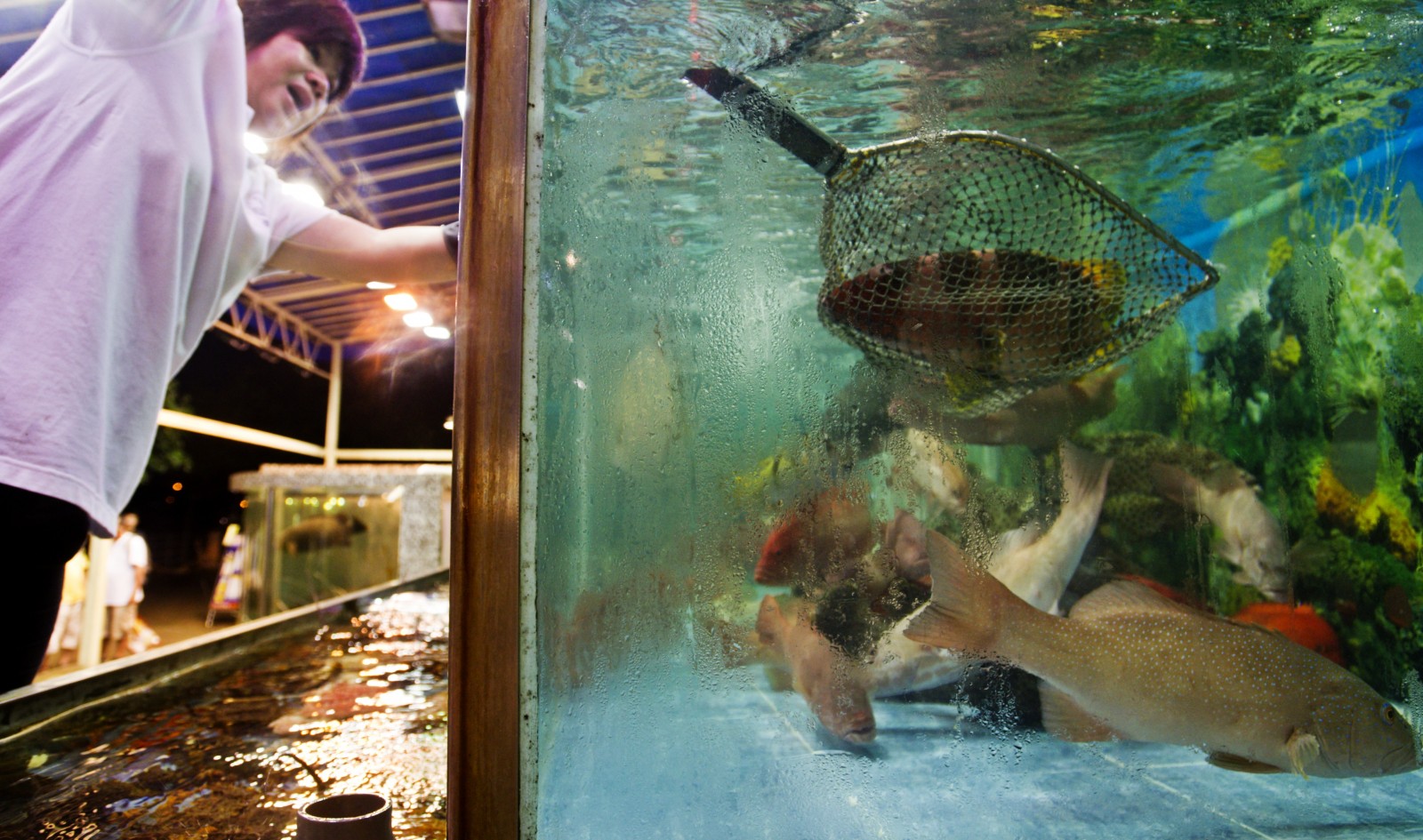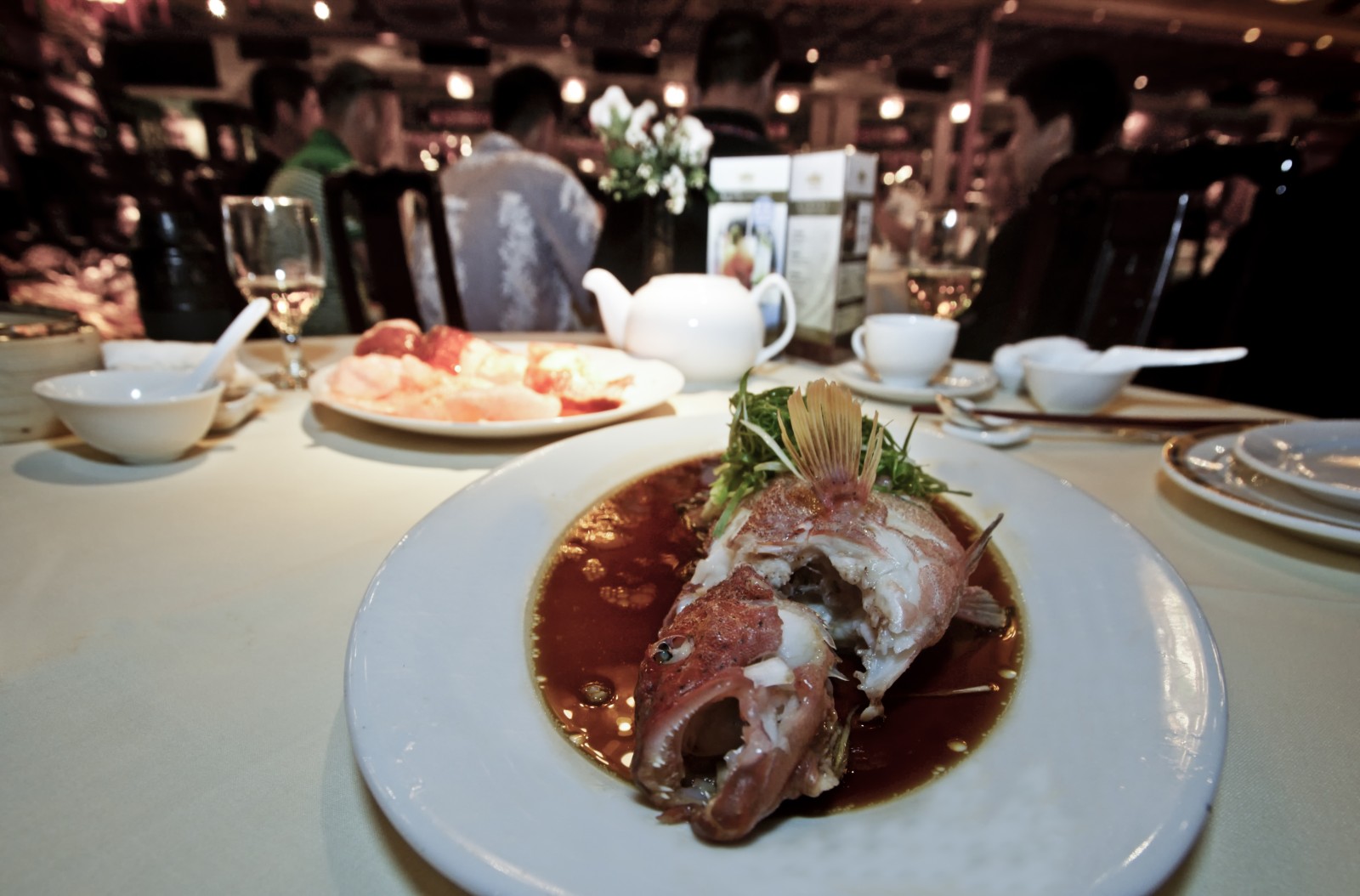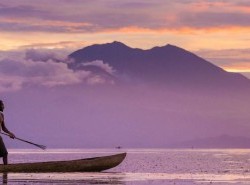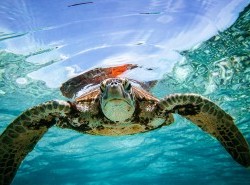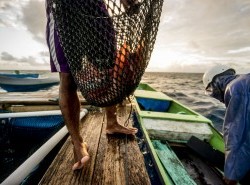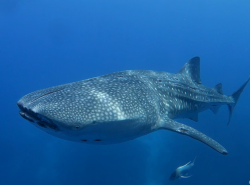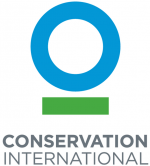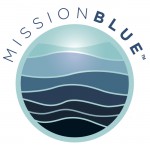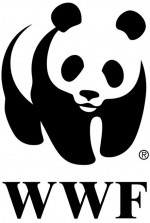This week, the Philippines is celebrating its first ever Sustainable Seafood Week - a big step for one of the biggest seafood consumers and market suppliers. It's a reminder to be conscious in our choices, whether in the supermarket or the restaurant...
The Bloomberg Philanthropies Vibrant Oceans Initiative is the largest philanthropic commitment to internationally reform fisheries management. This effort will help Brazil, Chile and the Philippines sustainably manage their fisheries, enhance food security and strengthen local communities.
It's a controversial question for environmentalists, ocean advocates and really anyone who cares about marine conservation. Is it still ok to eat fish? Some extremely high profile figures have spoken out about the commodifation of seafood. Legendary explorer, filmmaker and conservationist Sylvia Earle was one of the first public figures to choose to cut out seafood altogether, stating that fish should be regarded first and foremost as wildlife and calling out those who describe themselves as 'vegetarians who eat fish' a category she describes as 'baffling.'
You could argue that this comes from a legacy of viewing the ocean as an endless source of bounty - most of it unseen. It's why we somehow think it's ok to trawl the seabed, with enormous nets that decimate ecosystems, leaving a literal wake of destruction and scooping up species indiscriminately. And it's only really in the last few decades that we've begun to realise the extent of the crisis. Many key species have been all but fished out, their populations in free fall. The Pacific blue fin tuna is thought to be on the brink of collapse, with 90% of catch now made up of juveniles that haven't yet had a chance to reproduce.
This is a pattern that we're seeing all over the Coral Triangle, where yellowtail tuna are under tremendous pressure, as are predator reef species like grouper and wrasse, thanks to the insatiable appetite of the Live Reef Fish for Food (LRFF) market. Yes, there is an urgent need to create many more marine parks around the globe - and ones that are effectively managed - but as consumers, we need to pay attention to where our fish and seafood comes from and how it reaches our plate.
People are gradually becoming more conscious about where their food comes from - and while consumers have been slower on the uptake when it comes to seafood, there is a growing movement towards sustainable seafood, helped by documentaries like End of The Line and by the advocacy of high profile chefs, like Hugh-Fernley Whittingstall and Jamie Oliver in the UK and Vietnam based restaurauteur and broadcaster Bobby Chinn. Sustainability is beginning to go mainstream in Europe and the US with the Marine Stewardship Council's (MSC) certification programme having a major impact in western supermarkets and steadily becoming a recognisable brand-benchmark of sustainability. South and South East Asia has not gotten as far with certification yet, but a lot of progress has been made, particularly within the fishing and hospitality industries. Which brings us to the Philippines' very first Sustainable Seafood Week.
Conservation charity Rare has teamed up with various stakeholders to bring the issue into the spotlight, in an effort to reverse the trend of depleted and overexploited fish stocks in the Coral Triangle. The celebration runs from February 15-21 and features events that highlight the key role restaurants and hotels can play in ensuring the seafood they sourced sustainably, whether wild-caught or from farmed fisheries. These businesses are also learning how to prioritise availability over preferred species, creating a new paradigm for seafood sourcing and consumption, one that brings with it lots of creative culinary opportunity. The week’s events include technical workshops, cooking demos, and buffet presentations at participating hotels and restaurants.
While the waters in the Philippines are rich with marine life, more than 90% of Philippine fish stocks have been drastically diminished due to overfishing, pollution and destructive or illegal fishing practices. Rare has been working with over 35 municipalities in the Philippines, helping local leaders set up better fishery and protected area management systems, and inspiring fishers to adopt sustainable techiques.
“It’s hard for fishers to change their behaviours - the pressures of earning a living daily are just too great,” said VP for the Philippines Rocky Sanchez Tirona. “But with support from private companies, their customers, and ultimately, the diners who patronize them, we hope to create better incentives for fishers to do the right thing.”
In one of the featured workshops during the week-long event, Rare Philippines is showcasing just what it takes for a community of small-scale fishers in Antique to become more sustainable. Hosted by the Marco Polo Hotel Ortigas and The Café at Hyatt City of Dreams, ‘From the Fisher to the Diner’ will demonstrate the challenges faced by artisanal fishermen all over the Philippines, and the kinds of conservation solutions they need to implement in order to reverse the decline in their fish stocks. Recognizing that the market will have an important role to play in encouraging fishers to fish more sustainably, Rare and its partners will lay out a vision for the future - one in which buyers support fishers who fish the right species and sizes, use the right gear, and fish in the right places, and where fishers and traders earn more when they comply with these new criteria.
Proponents of Sustainable Seafood Week include the Bureau of Fisheries and Aquatic Resources, USAID, Meliomar Inc., Blueyou, Center for Sustainability, GreenpeaceSoutheast Asia, PEMSEA, Rare, Fish Forever, and Bloomberg Philanthropies, together with leading hotels and restaurants such as the Shangri-La Hotels, Hyatt City of Dreams Manila, Marco Polo Ortigas, Marriott Manila Hotel, The Peninsula Manila, Fairmont Raffles, New World Makati, Le Club, Catch, Hooch, Vask, Disciples Escoffier, and Enderun. In a joint statement, they shared the objective of Sustainable Seafood Week:
“We, the participants of the Sustainable Seafood Week, come together to declare our commitment to improve the health of our oceans by pursuing responsible business practices in the sourcing of seafood products from more sustainable fisheries and aquaculture.
“The future of seafood is in the hands of people preparing the fish while ensuring that fresh sustainable seafood is available for their valued customers to enjoy. And we call upon consumers to do their bit by being vigilant and conscious about the seafood they are eating.”
